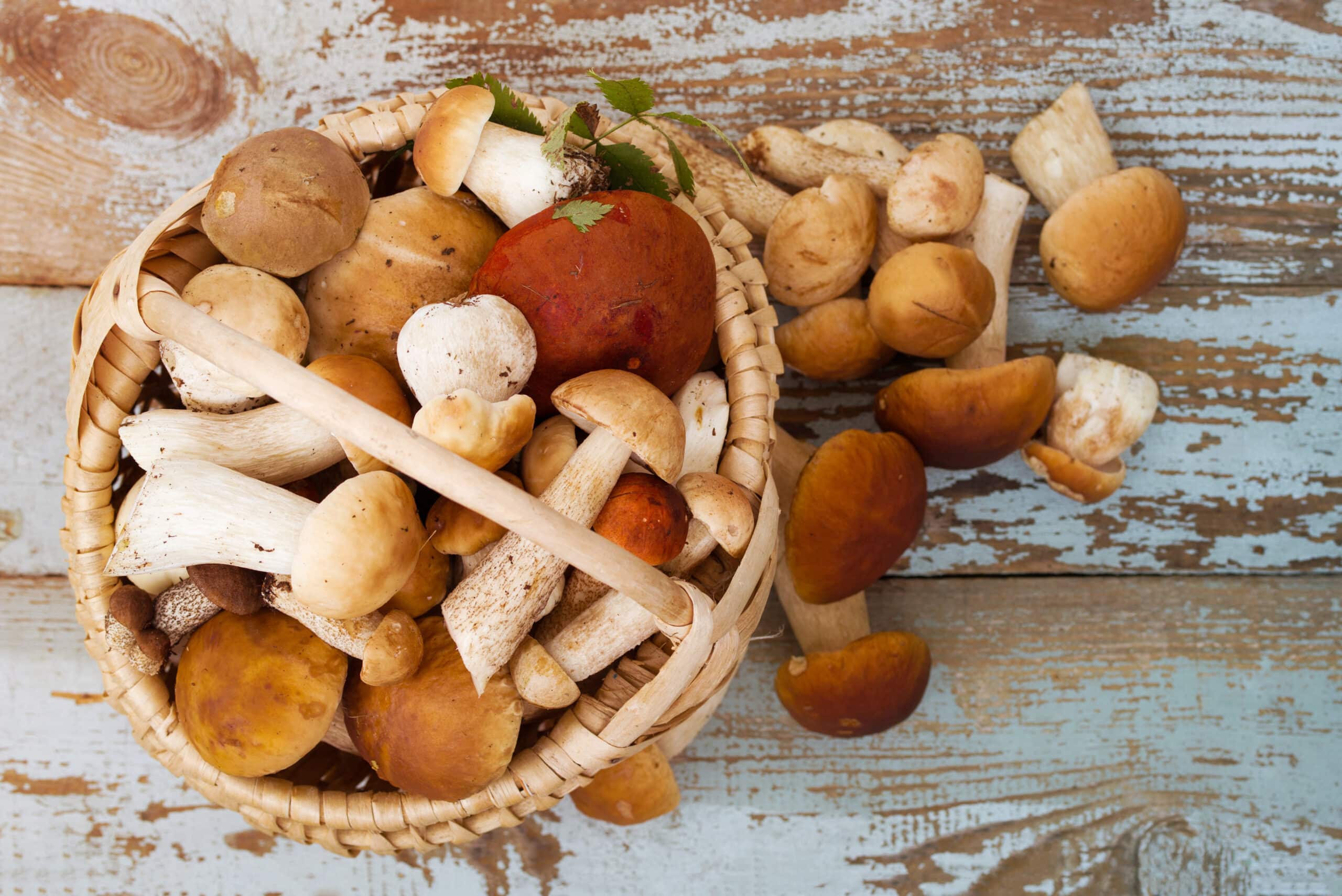Eating 18 grams of mushrooms a day could lower the risk of cancer, a new study suggests.
Individuals who eat two medium-sized mushrooms daily have a 45 percent lower risk of cancer compared to those who do not eat mushrooms, according to Pennsylvania State University research, published in Advances in Nutrition.
For centuries, Chinese medicine practitioners have used mushrooms, which are rich in vitamins, nutrients and antioxidants, as a treatment for illness including lung disease.
Some of the chemical compounds in mushrooms are believed to strengthen the immune system.
The Penn research examined 17 cancer studies from 1966 to 2020, analysing more than 19,500 cancer patients.
The team’s findings showed that even though shiitake, oyster, maitake and king oyster mushrooms have higher amounts of the amino acid ergothioneine than white button, cremini and portobello mushrooms, people who incorporated any variety of mushrooms into their daily diets had a lower risk of cancer.
“Mushrooms are the highest dietary source of ergothioneine, which is a unique and potent antioxidant and cellular protector,” said Djibril Ba, a graduate student in epidemiology at Penn State College of Medicine.
“Replenishing antioxidants in the body may help protect against oxidative stress and lower the risk of cancer.”
Eating mushrooms had the strongest association with lower breast cancer risk, but this could be due to many of the studies not including other forms of cancer.
“Overall, these findings provide important evidence for the protective effects of mushrooms against cancer,” said co-author John Richie, professor of public health sciences and pharmacology at the university.
“Future studies are needed to better pinpoint the mechanisms involved and specific cancers that may be impacted,” he added.
Experts have urged caution in interpreting the research, simply calling the findings “interesting”.
“It is important to consider mushroom intake within the broader context of an individual’s dietary and physical activity-related behaviours. Our reviews, which are the most comprehensive examinations of the impact of lifestyle factors on cancer risk, find some evidence that consuming fruits and vegetables might reduce the risk of several cancers, and they may also reduce the likelihood of gaining excess weight which is itself a strong risk for several cancers,” said Helen Croker, head of research interpretation at the World Cancer Research Fund.
She said it was also important to eat a wide variety of different fruits and vegetables to get the most benefits.
Sam Miller, head of nutrition for Pure Nutrition in Hong Kong, said it was “really important not to get too excited about the results of any single research paper”.
He noted that any consumption of fruit and vegetables would protect against certain cancers, with a higher intake associated with a lower risk of developing cancer across the lifespan.
“The results suggest to me that those who ate no mushrooms at all were quite likely to eat fewer vegetables overall than those who consumed the highest intake, meaning that the lowest intakes could be at higher risk of cancer regardless of mushroom intake,” he added.
Miller suggests eating more fruit and vegetables and to not “peg health hopes on one or two miracle foods”.
“The weight of evidence shows that they do not exist and there is no one food that will make you really healthy,” he said.
UK-based dietitian Fareeha Jay, who specializes in South Asian diets, said the research should be taken with “a pinch of salt” because it was based on analysis of observational studies and did not demonstrate cause and effect.
“With such promising results from the study, we must include mushrooms in our everyday diet – but also make sure that we are including whole grains, fibre, vegetables and fruit, as they can also be protective against certain cancers,” she added.
Mushrooms’ potential medicinal properties
Shiitake mushrooms are valued in some cultures as an anticancer agent and the whole dry mushroom is used in herbal remedies.
Complex sugar compound beta-glucan, an active component of lentinan, is an extract of shiitake believed to stimulate the immune system and trigger certain cells and proteins in the body to attack cancer cells. In laboratory studies, it appears to slow the growth of some cancer cells.
In China, a literature review of 12 studies looked at lentinan given with chemotherapy for lung cancer. They found that lentinan worked on the immune system and improved lung cancer patients’ quality of life.
Maitake mushrooms are used in Japan and China to treat diabetes and hypertension. Laboratory studies have shown that maitake extract can stimulate the immune system, lower blood sugar levels and slow certain tumours’ growth.
Phellinus linteus mushroom extract has been used for centuries in Eastern medicine because it is believed to refresh bodies and extend life.
Studies indicate that it slows the growth of breast cancer cells in the laboratory. It has also been shown to have anticancer effects on skin, lung and prostate cancer cells
In studies of mice, lentinan has been shown to stop bowel cancer cells growing. In laboratory tests, lentinan’s protein stopped some fungal cells’ growth. It also stopped leukaemia cells dividing.




